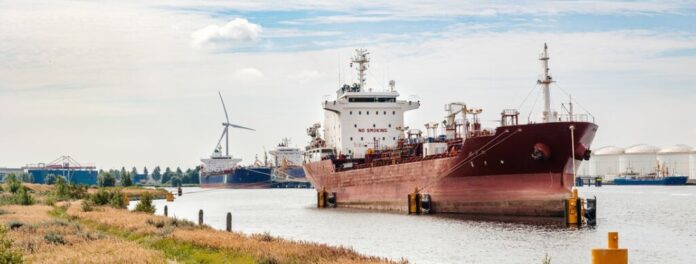
Starting on 1 January 2025, the Port of Amsterdam will enforce a restriction on using open-loop scrubbers for seagoing vessels, contributing to a cleaner aquatic environment.
Open-loop scrubbers discharge polluted wash water directly into the harbour, contaminating water and soil.
A scrubber, or “exhaust gas washer,” is a system installed in ship funnels to reduce sulphur emissions from exhaust gases. However, this process produces polluted wash water as a byproduct. Scrubbers are available in two main types: closed-loop and open-loop.
Closed-loop scrubbers collect waste materials in a tank, while open-loop scrubbers release the polluted water directly into the surrounding environment. This practice pollutes waterways and contributes to sediment contamination while allowing ships to continue burning fuel oil.
According to a statement, to combat these environmental issues, the use of open-loop scrubbers will be restricted at berths in the Port of Amsterdam. Discharges in these areas are highly concentrated, necessitating stricter control.
In addition, ships with hybrid scrubber systems will be required to operate in closed-loop mode or transition to cleaner fuels, such as Marine Gas Oil, that meet sulphur emission standards.
In 2023, around 100 seagoing vessels equipped with open-loop scrubbers visited the Port of Amsterdam. Similar bans are already in effect in ports such as Antwerp, Hamburg, and several ports in France and Scandinavia.
Milembe Mateyo, Harbor Master at Port of Amsterdam, stated: “With this decision, we are combating water pollution. It is another step closer to a cleaner port and a faster sustainability of shipping.”





